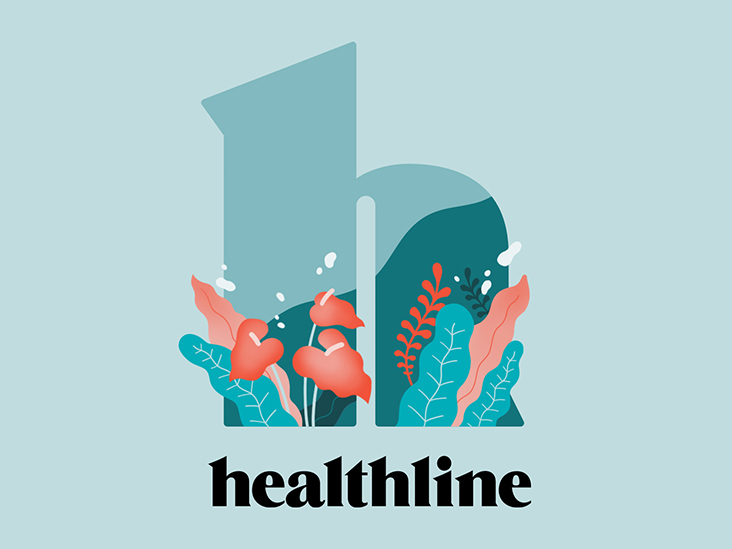Vyvanse: Side Effects, Uses, Cost, and More - Healthline

Find answers to some commonly asked questions about Vyvanse.
How does Vyvanse work? What's its half-life and how long does it stay in your system?
Vyvanse is a type of stimulant drug called an amphetamine. How Vyvanse works to treat attention deficit hyperactivity disorder (ADHD) and binge eating disorder (BED) isn't known for sure.
The level of Vyvanse in your body typically peaks about 3.5 hours after you take a Vyvanse capsule. It peaks about 4.4 hours after you take a chewable tablet. When Vyvanse levels peak can differ depending on whether you take the drug with food. For instance, it can take longer for Vyvanse levels in your body to peak if you take Vyvanse with food rather than without it.
The effects of Vyvanse usually last for about 14 hours after you take a dose.
The half-life of Vyvanse describes how long it takes for half a dose of the drug to leave your body. Vyvanse's half-life is about 12 hours. So, it takes about 12 hours for your body to get rid of half of a dose of Vyvanse.
It generally takes about five half-lives for a drug to leave your system completely. For Vyvanse, this means the drug will stay in your system for about two and a half days after your last dose.
To learn more about how Vyvanse may affect your body, see this article.
Does Vyvanse cause different side effects in females vs. males? What about in children?
No, the side effects of Vyvanse aren't known to be different for females and males.*
The only side effects of Vyvanse specific to females are related to using Vyvanse during pregnancy or while breastfeeding. It may not be safe to use Vyvanse when pregnant or while breastfeeding. To learn more about this, see the "What should be considered before taking Vyvanse?" section below.
Vyvanse is used to treat ADHD in children ages 6 years and older. Most side effects of Vyvanse are expected to be the same in children as in adults. (For details, see the "What are Vyvanse's side effects" section above.)
Certain side effects of Vyvanse may be more common in children. These include:
If you have questions about your or your child's risk for certain side effects from Vyvanse, talk with your doctor.
* In this article, we use the terms "male" and "female" to refer to someone's sex assigned at birth. For information about the difference between sex and gender, see this article.
Will I have withdrawal symptoms if I stop taking Vyvanse?
Yes, you may have withdrawal symptoms if you stop taking Vyvanse. These symptoms are sometimes referred to as a "Vyvanse crash."
"Vyvanse crash" refers to feeling irritable or tired as the effects of Vyvanse wear off.
If you have a Vyvanse crash during treatment, talk with your doctor. They may either recommend a different treatment for your condition or adjust your dosage of the drug.
During Vyvanse treatment, your doctor may have you stop taking Vyvanse at times to give your body a break from the drug. This is sometimes called a "drug holiday."
For example, if you take the drug for ADHD, your doctor may suggest that you stop taking Vyvanse on weekends. This is because during weekends, you're usually required to have less focus and concentration than during weekdays when you're at work or school.
If your doctor recommends that you take breaks from Vyvanse, talk with them about the best way to do this. They can recommend ways to manage potential symptoms of withdrawal from Vyvanse during your drug holiday.
Is Vyvanse a controlled substance? And is it a stimulant or narcotic?
Yes, Vyvanse is a controlled substance.
Controlled substances are drugs that have a risk of dependence or misuse.* With dependence, your body gets used to a drug and needs the drug to feel like you normally do. With misuse, a drug is taken differently from how it was prescribed and continues to be used even if it's causing harmful effects.
Vyvanse is a type of stimulant drug called an amphetamine. Vyvanse isn't a narcotic.
Narcotics are opioid drugs. "Narcotic" can refer to illegal opioids, such as heroin. It can also refer to prescription opioids, such as oxycodone (Oxaydo, Roxicodone) and fentanyl (Actiq, Duragesic).
* Vyvanse has a boxed warning for the risk of dependence and misuse. This is a serious warning from the Food and Drug Administration (FDA). For details, see the "What are Vyvanse's side effects?" section above.
Does Vyvanse treat depression or anxiety?
No, Vyvanse isn't approved to treat depression or anxiety.
In fact, depression and anxiety are possible side effects of Vyvanse. So Vyvanse may not be the best treatment option for these conditions.
If you have questions about treatment options for depression or anxiety, talk with your doctor.
How does Vyvanse compare with Focalin and Dexedrine?
Vyvanse, Focalin, and Dexedrine are prescription medications used to treat ADHD in adults and children ages 6 years and older. They're each a type of stimulant drug called an amphetamine.
Focalin comes in two forms:
- immediate-release (short-acting) tablets called Focalin
- extended-release (long-acting) capsules called Focalin XR
Dexedrine comes as sustained-release (long-acting) capsules.
To learn more about how Vyvanse, Focalin, and Dexedrine are alike and different, talk with your doctor or pharmacist.

Comments
Post a Comment